‘Informative and well written”
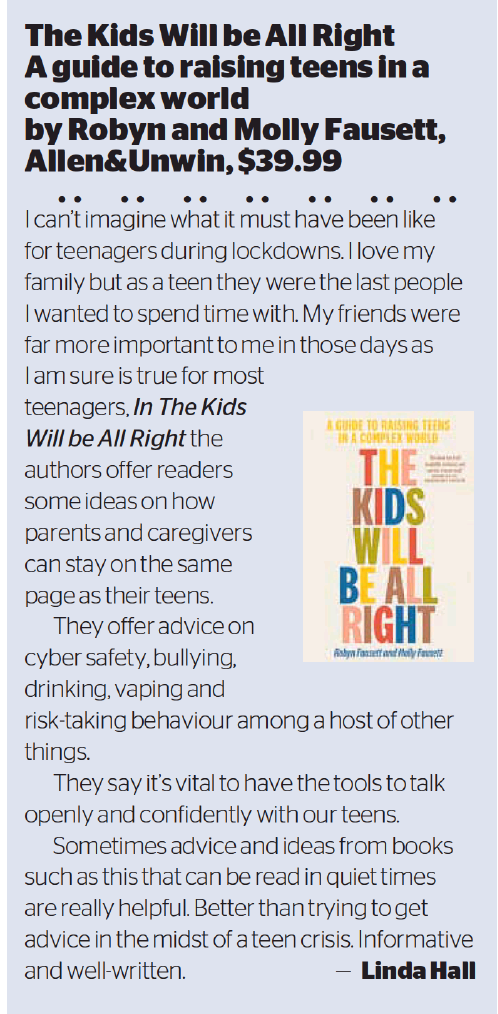
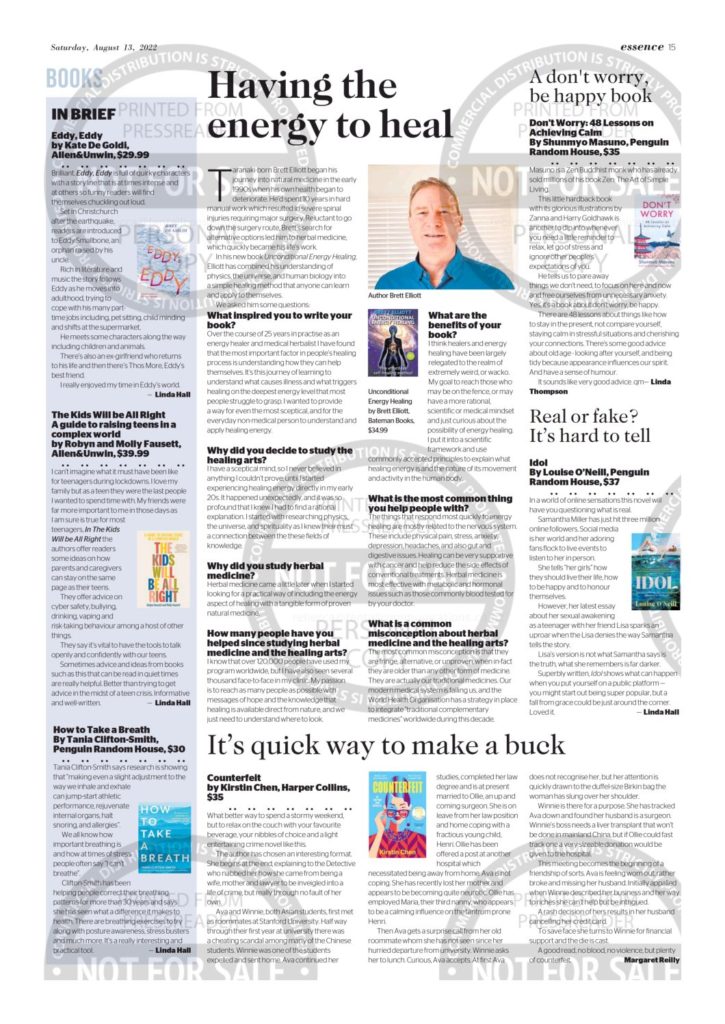
Published 13 August 2022
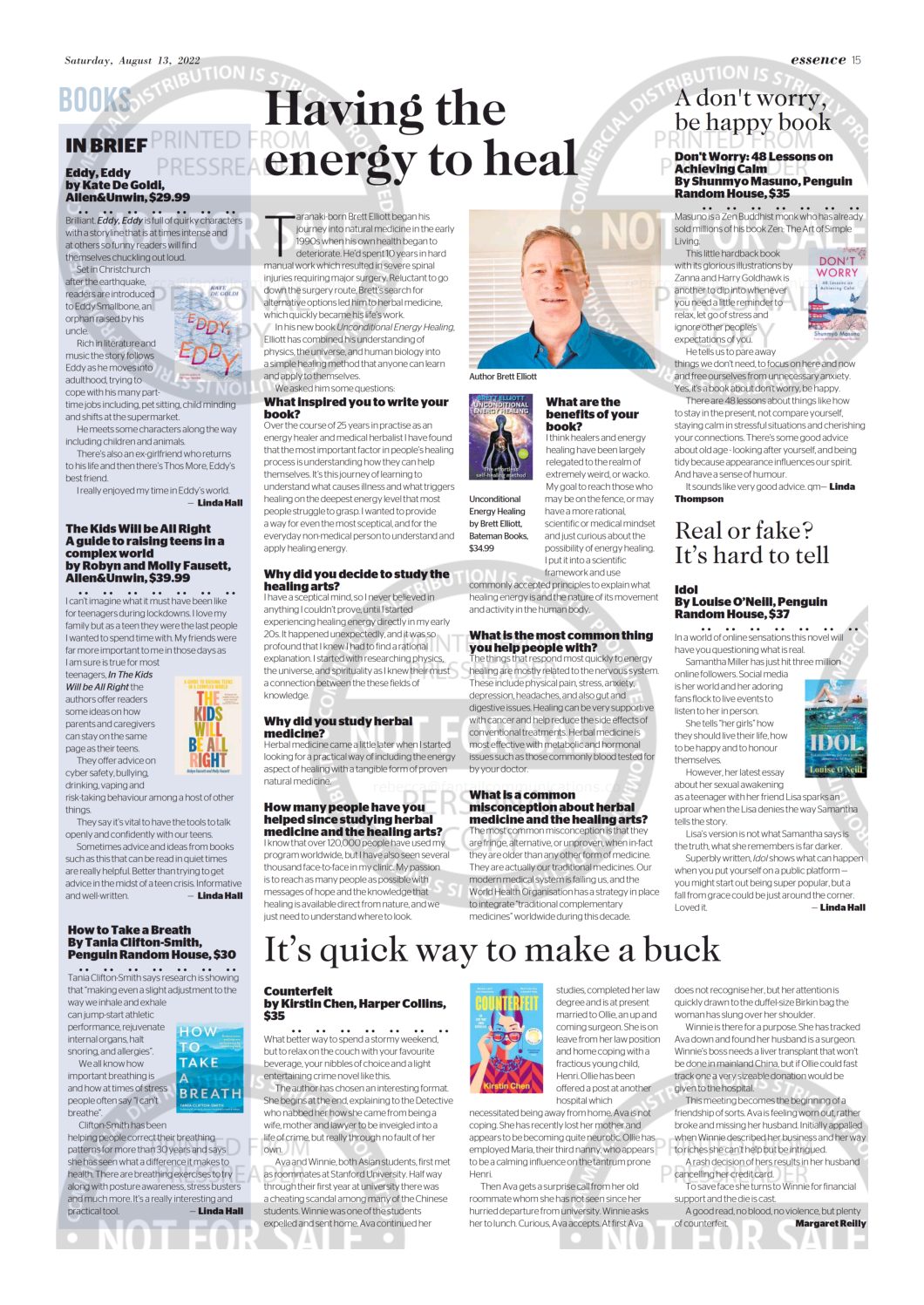
‘Informative and well written”


Published 13 August 2022
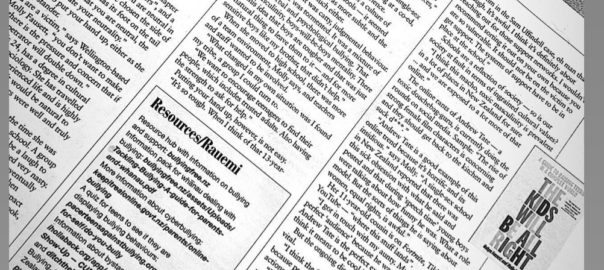
https://www.nzherald.co.nz/lifestyle/the-kids-will-be-all-right-sam-uffindell-andrew-tate-and-lessons-about-bullying/XC7YGABWVUIUQ3VBVBSD3CHG7A/
Bullying is a perennial issue, highlighted last week by National MP Sam Uffindell’s admission he had beaten a Year 9 boy while at King’s College. Wellington-based Molly Fausett and her mother Robyn are co-authors of a new book on parenting teens in a complex world. Molly tells Sarah Daniell that while such stories in a news cycle are horrific, they can also shine a light in dark places and encourage awareness
In The Kids Will Be All Right, there’s a chapter titled Bullied, Bullying and Bystanders, and a quote from Desmond Tutu: “If you are neutral in situations of injustice, you have chosen the side of the oppressor. If an elephant has its foot on the tail of a mouse, and you say that you are neutral, the mouse will not appreciate your neutrality.”
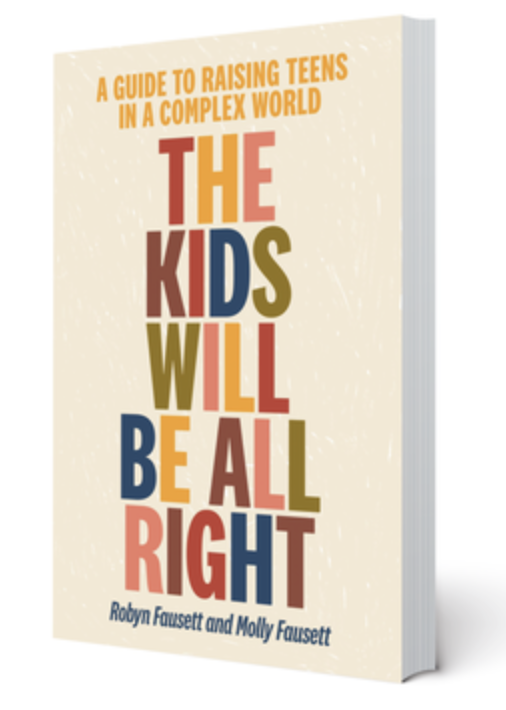
It takes courage to put your hand up, either as the bullied or the bystander.
“When you are a victim,” says co- author Molly Fausett, “you don’t want to make it worse and there is the pressure and concern that if you do, the perpetrator will double down.”
Molly Fausett is 24, has a degree in cultural anthropology and sociology. She has travelled overseas, worked, experienced life and is highly capable and intelligent. It would be natural to assume that her school years were well and truly buried in the past.
But Molly clearly remembers the time she was bullied at her West Auckland high school. A group of “popular” boys thought it would be a laugh to tease her about her weight. A joke turned very nasty. The experience was awful, she says, but eventually she steeled herself and told a teacher, who then talked to the boys. They had no idea of the impact of their behaviour and they apologised. In the book, Molly says she likes to think they took that lesson with them into life.
Most of us have been exposed to bullying, or on the receiving end of bullying to varying degrees of severity. In 2017, a study of 15-year-olds in New Zealand reported the second highest rate of bullying out of 51 countries.
Cyber bullying reportedly spiked over the Covid lockdowns.
“I’m lucky to have not experienced long patterns of bullying – it was one or two severe experiences,” says Molly.
She and her younger brother attended single-sex schools until they started college. Being at a co-ed, she says, was overall a better experience.
“There was definitely more of a culture of bullying at the single-sex schools – it seemed to occur more often. It was more subtle and the teachers didn’t help much either.
“At my school, it was catty, judgmental behaviour. But my brother was tormented. It was a mixture of physical, verbal and psychological bullying. That toxic masculinity, boys-will-be-boys mentality. There was this idea that boys are tougher and that was just a natural thing to leave them to it – and for more sensitive boys like my brother, that didn’t help.”
When she moved to high school, there was more of a team environment, Molly says, and teachers and staff wanted to be involved.
“What changed in my own situation was I found my tribe, a group I could turn to.
“We want to encourage teenagers to find their people, which includes trusted adults. Also having the strength to ask for help.”
Putting your hand up, however, is not easy.
“It’s so tough. When I think of that 13-year-old victim in the Sam Uffindell case, oh man that is tough. It’s awful. I think it’s definitely about reaching out for those support networks. I wouldn’t recommend sorting it out on your own because you are so vulnerable. It should not be on the victim to get support. The systems of support have to be in place at the school.
“Everyone should feel safe when getting their education. It’s not his fault it happened. He did nothing to bring that on himself.”
A story such as this, says Molly, brings awareness. “It’s about education around the lasting impact of this on others.”
Schools are a reflection of society – so is our society at fault in terms of ingrained cultural values?
“I think this macho, toxic masculinity is prevalent in a lot of places in New Zealand for sure … and we are exposed to a lot more of that online.”
The online rants of Andrew Tate – a toxic douchebag-guru, are currently doing the rounds on social media. Sample: “The rise of strong female film characters is concerning and they should get back to the kitchen and suck d***.”
“Andrew Tate is a good example of this online trend because it’s horrific and its insidious.” says Molly. “A single-sex school in New Zealand reported that there was this sick obsession with what he said and posted and that during ‘speech time’ young boys were talking about how funny he was. What a role model. But the sorts of things he is saying about women, equal rights, is awful.”
Her 11-year-old cousin is on Fortnite, TikTok and YouTube – “where this stuff lands”.
“I got in touch with my aunty. My cousin is the perfect ‘audience’ because he wants to be cool. Andrew Tate is the perfect example of what some think it means to be cool.”
But the ongoing discussion around bullying is vital.
“I think the Sam Uffindell example is powerful because people see there are consequences for his actions.
“It’s powerful for people to see that. We are also hearing from the victim.”
The book also confronts the issue of teens who bully.
“I don’t think I’ve ever heard of someone putting up their hand at the time. They are often coming from a place of hurt, or needing control. Uffindell probably needed some support around building emotional intelligence and empathy. And that is where education comes in.
“With Andrew Tate it’s painful to see. It’s a joke, he is seen as a joke. But I hope it does not have serious consequences for young people. If we as adults provide the counterbalance of guidance, it’s so important.
“And Andrew Tate will just blow over eventually. Until the next one.”
Molly Fausett has been involved with the social enterprise Nest Consulting, since it was set up by her mother, Robyn Fausett, in 2008. Nest helps provide education to schools, parents and corporates around New Zealand on healthy relationships, body image and sexuality.
Resource hub with information on bullying and support:
bullyingfree.nz
Information pack for whānau dealing with bullying:
bullyingfree.nz/assets/Uploads/Tackling-Bullying-A-guide-for-parents-and-whanau.pdf
More information about cyberbullying:
keepitrealonline.govt.nz/parents/online-bullying
A quiz for teens to see if they are displaying bullying behaviours:
pacerteensagainstbullying.org/advocacy-for-self/do-you-bully
Information about bystanders:
ihollaback.org/app/uploads/2016/11/Show-Up_CUPxHollaback.pdf
and:
ditchthelabel.org/why-do-people-bully
Bullying, cyberbullying and New Zealand law:
legislation.govt.nz/act/public/2015/0063/latest/whole.html
The Kids Will Be All Right: A guide to raising teens in a complex world by Robyn Fausett and Molly Fausett (Allen & Unwin NZ, $40). Available now.
The Weekend Herald 20 Aug, 2022
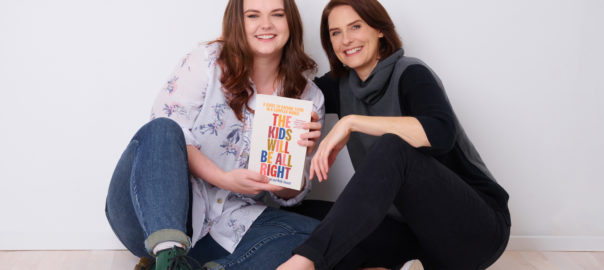
The Kids Will Be All Right by Robyn & Molly Fausett
Book Review by
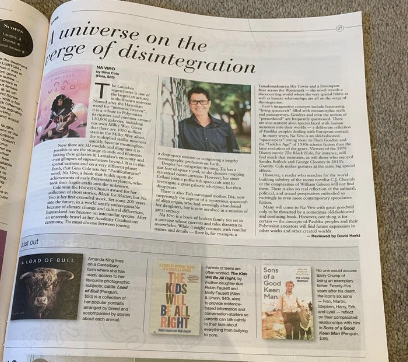
NZ Herald – Canvas magazine
13 August 2022